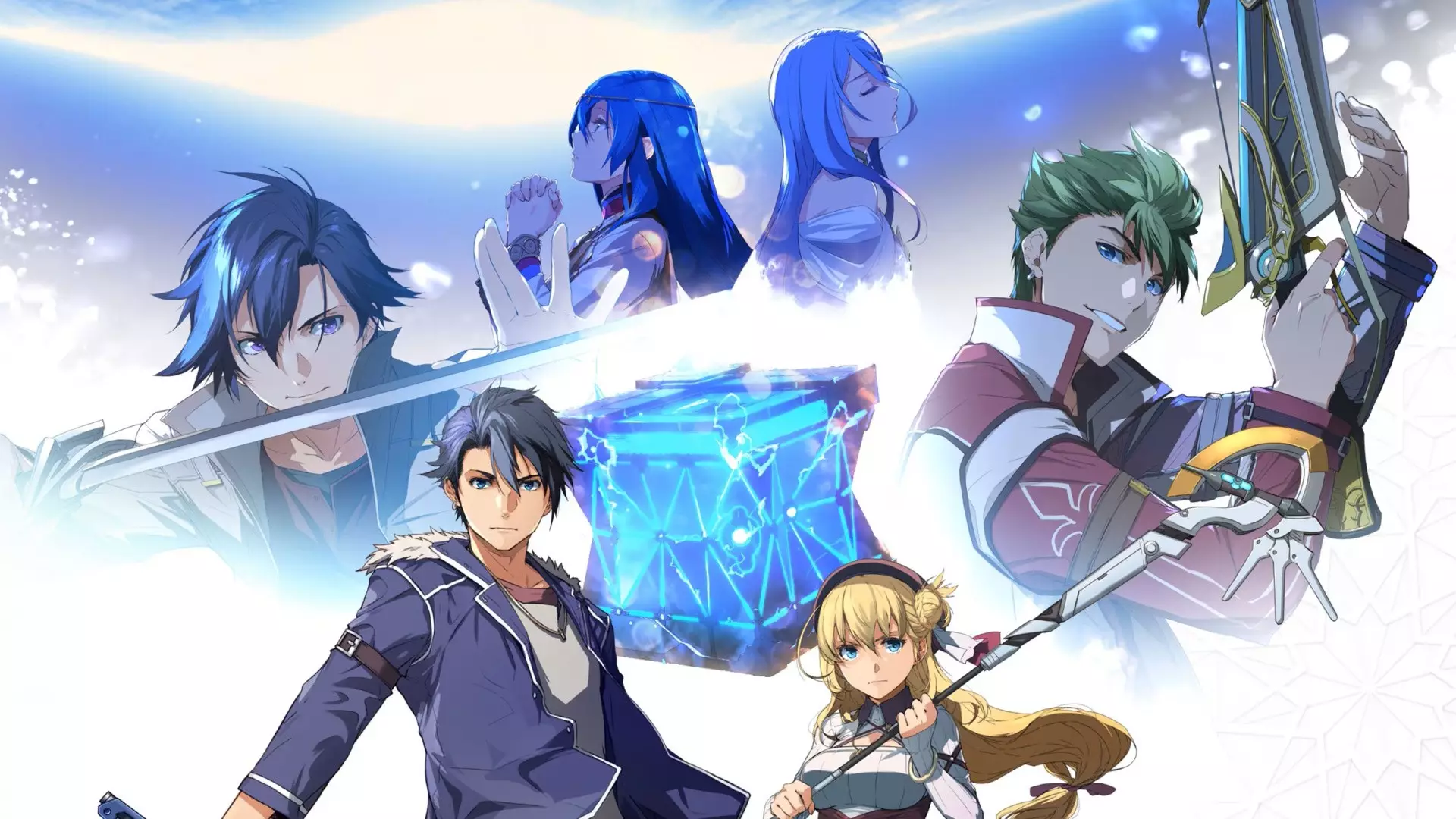In recent years, the gaming industry has witnessed a disturbing trend toward the abandonment of true physical copies in favor of digital or illusionary physical formats. The case of Trails Beyond the Horizon on the Nintendo Switch exemplifies this shift, where publishers opt for Game-Key Card releases rather than full, tangible cartridges. This transition raises serious questions about consumer rights, preservation, and the very nature of owning a game. A physical game traditionally provided owners with a durable, collectible item, but the move to key cards—especially when the game isn’t stored on the cartridge—erodes this sense of ownership. The inclusion of a Game-Key Card, which merely acts as a gateway to download the game, strips away the tangible connection players once cherished. It’s not just about convenience; it’s about the fundamental value of ownership and the emotional attachment we develop with physical media.
The Impacts on Consumers and Collector Culture
One of the most troubling aspects of this shift is its effect on dedicated gamers and collectors. Many enthusiasts invest in physical editions as a form of personal expression and preservation. When games are released solely as Game-Key Cards, especially with price premiums—like the special edition costing $10 more than its PS5 counterpart—it signals a devaluation of physical ownership. For collectors, the absence of a real cartridge diminishes the appeal of their collections and undermines the cultural significance of tangible game artifacts. Additionally, consumers face an uncertain future in terms of upgrades or transferring saved data. The lack of clarity about whether players can upgrade from a Switch 1 full physical version to a Switch 2 digital or key card version further compounds frustrations. The ecosystem becomes fragmented, and the emotional connection that drives collector enthusiasm is eroded.
The Industry’s Justifications Versus Consumer Trust
Operators like NIS America have justified the Game-Key Card approach by claiming it benefits consumers—implying convenience or logistical advantages. Nevertheless, this reasoning often feels superficial, especially when weighed against the broader implications. Costly special editions with no clear upgrade paths, limited editions that aren’t truly physical, and the perception of being “locked out” of ownership foster a deep mistrust among consumers. Industry insiders and critics argue that these practices prioritize profit margins over consumer rights and experience. The concern isn’t merely about the format but about the message it sends: that physical ownership is becoming obsolete, and convenience trumps tangible value. Such developments threaten to diminish the cultural and collectible significance of gaming, reducing it to a digital license rather than a cherished possession.
The Future of Gaming Physicality: A Call for Responsibility
Looking ahead, the industry faces a pivotal challenge: balancing technological advancement with respect for the consumer’s desire for true ownership. While digital distribution can offer benefits such as reduced manufacturing costs and instant access, it should not come at the expense of meaningful physical media. Publishers and platform holders need to reconsider the long-term implications of embracing a model that minimizes physical ownership. If the industry continues down this path, the cultural heritage and legacy of gaming risk being diminished to digital fleetingness. Responsible practices would involve offering transparent upgrade paths, ensuring backward compatibility, and maintaining the integrity of physical editions as premium, collectible items. Only then can gaming reclaim its artistic and cultural dignity, fostering trust and loyalty among players who want to genuinely own their games.
In conclusion, the move towards Game-Key Cards and minimal physical releases signifies more than a technological transition—it’s a cultural shift that challenges the core values of ownership and preservation. Industry stakeholders should reflect critically on these choices, prioritizing player rights and the preservation of gaming history over short-term profits. The way forward must respect the passionate community that has sustained and celebrated gaming as an art form and a cultural staple for decades.

